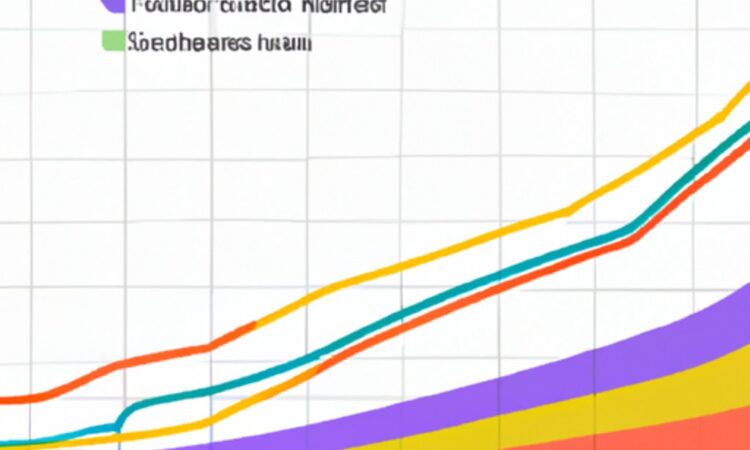Global Inflation
Inflation is at a decades-high in many countries around the world, putting a strain on households and businesses alike. Central banks are raising interest rates in an effort to bring inflation under control, but this could lead to a recession in some economies.
There are a number of factors that have contributed to the current bout of inflation, including the COVID-19 pandemic, the war in Ukraine, and supply chain disruptions. The pandemic caused a sharp decline in economic activity, which led to governments and central banks providing massive stimulus packages. This stimulus helped to prevent a deeper recession, but it also contributed to inflation as demand for goods and services outpaced supply.
The war in Ukraine has also had a significant impact on inflation, as it has driven up the prices of energy and food. Russia is a major exporter of oil and gas, and the war has disrupted supplies and led to higher prices. Ukraine is also a major exporter of wheat and other agricultural products, and the war has also disrupted its production and exports.
Supply chain disruptions have also contributed to inflation, as they have made it more difficult and expensive to produce and transport goods. The pandemic and the war in Ukraine have both disrupted supply chains, and this has led to higher prices for consumers and businesses.
Central banks are raising interest rates in an effort to bring inflation under control. Higher interest rates make it more expensive to borrow money, which can help to cool demand for goods and services. However, raising interest rates can also lead to a recession, as it can slow economic growth.
The current bout of inflation is a major challenge for the global economy. It is important to understand the causes of inflation and the steps that are being taken to address it. By understanding the problem, we can better prepare for the challenges ahead.

